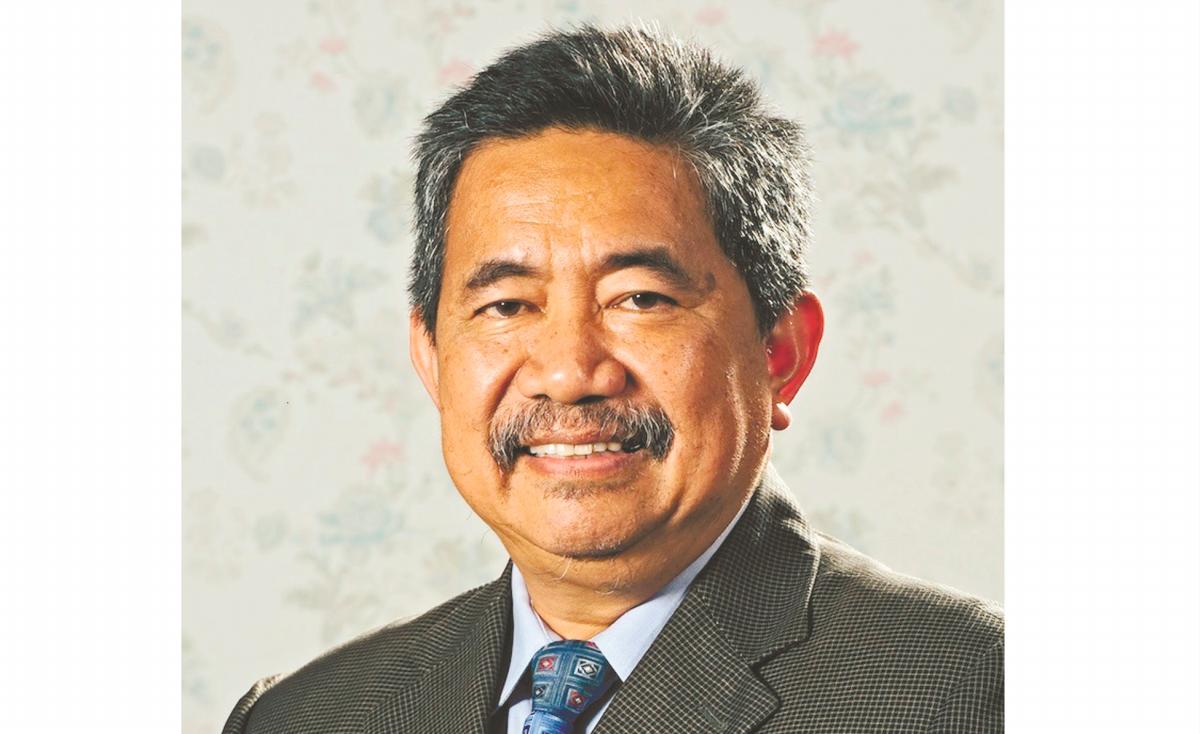KUALA LUMPUR: Malaysia’s timber industry must explore new export markets to reduce dependence on the United States, said Malaysian Timber Industry Forum Association (TIF) president Wahid Jaafar.
He said Malaysia could sustain export volumes and secure better prices by shifting its focus to markets such as the Middle East and India.
“With aggressive promotion, these are areas of real upside. I believe we have strong market opportunities there, and we can likely get premium prices,” he told SunBiz on the sidelines of the TIF Timber Levy Fund Book launch today.
Wahid said there is market demand from the Middle East where Malaysia had not been aggressively promoting before.
“The Middle East imports from Europe and the US. So, probably, there is potential for good-quality species like Meranti and others,” he added.
Wahid said India is also an important market where Malaysia can further promote its timber products.
“Their GNP (gross national product) is quite impressive,” he said in highlighting the country’s economic strength.
However, he acknowledged that logs and timber currently face a high import duty in India. “If they can lower it to more reasonable levels, India can definitely become a major market for us.”
Wahid shared that this year, the geopolitical situation is very tough for the industry, especially due to US President Donald Trump’s tariffs. “Most buyers in the US have advised not to ship or to delay shipments because of uncertainties. If the tax is 24%.”
He added that the margin is already very small for exporters,
“Some go for mass-produced items, and with that, they have the numbers they can sell. If they start having to pay a tariff of 24%, it’s very tough for the industry. A lot of buyers are cancelling orders or asking us to delay shipments of furniture. It’s happening now,” Wahid said.
“Furthermore, we have to comply with the European Union Deforestation Regulation which is set to come into force in December. Once this is approved other countries like Australia may follow suit. These is one of the few rulings. There are a lot of restrictions coming, as far as exports are concerned.”
Besides that, he said, substitutes such as wood plastics and other composites are increasingly serving as alternatives to timber.
Beyond market diversification, Wahid stressed the importance of sustainability and responsible forest management.
“Before, probably, we just logged and logged without much thought. But now, we feel that we have to play a part in conserving our resources.
“You don’t have to log 10 million, maybe you log 5 million. But if you can add value, you can still do good business.”
Wahid said some of its members are tapping into palm oil trunks as part of their environmental, social and governance efforts. “More than 32 million cubic metres of logs felled in the palm oil estates. Very little is being processed.”









